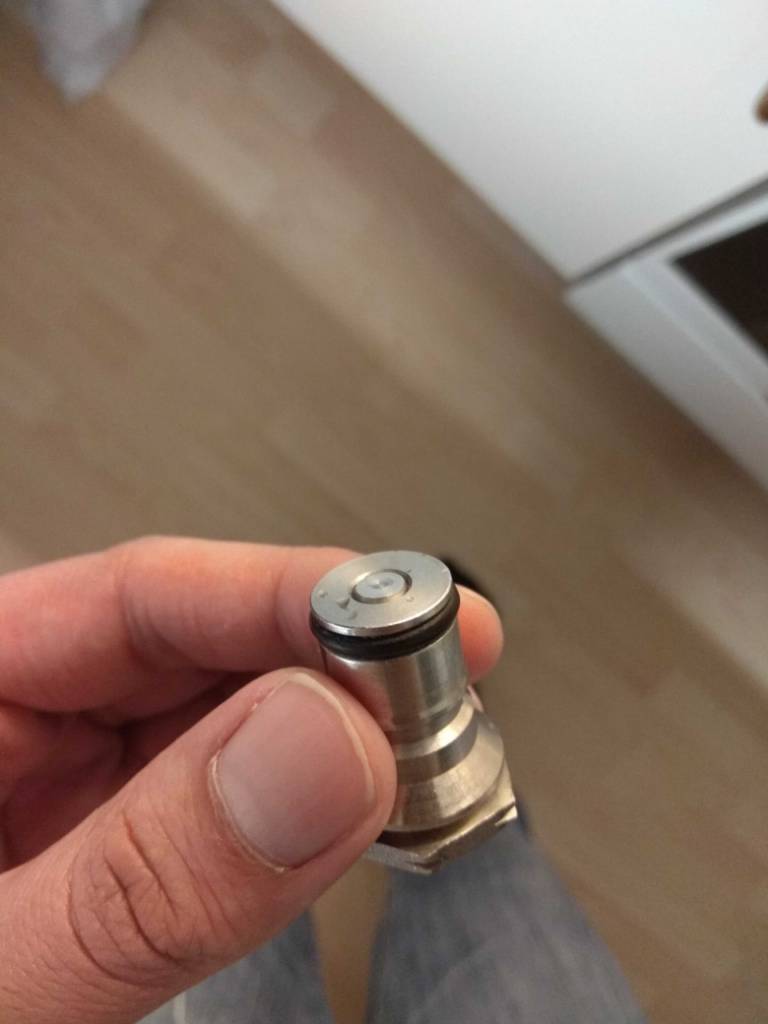Hi guys. I am a bit in doubt as to whether i should fully disassemble my corny posts when cleaning my keg. I'm thinking some hop gunk / yeast could be hiding but I cant seem to find a non-destructive way to take out the poppets in the posts. What do you guys do? Is it enough to pump some PBW followed by some iodophor through them the next time I keg a batch?
Thanks in advance.
Thanks in advance.






